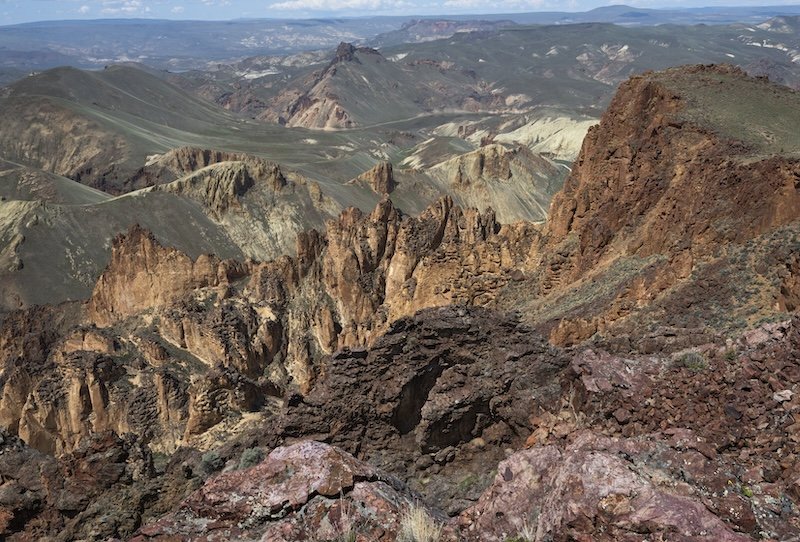Born in 1946 out of a merger between the federal General Land Office (est. 1812) and the U.S. Grazing Service (est. 1934), the present-day Bureau of Land Management (BLM) reflects its parentage by continuing to serve as partner or handmaiden to exploiter interests. For most of its history the BLM has been a mere custodian of the federal public lands left over from the great historic giveaways to homesteaders, railroads, loggers, ranchers, and miners, and after the creation of the national forests, wildlife refuges, parks, and military reservations. However, these remaining public lands are valuable for wildlife habitat, watershed protection, carbon sequestration, and recreation and should no longer be left in the domain of the extractive industries.
Read More




